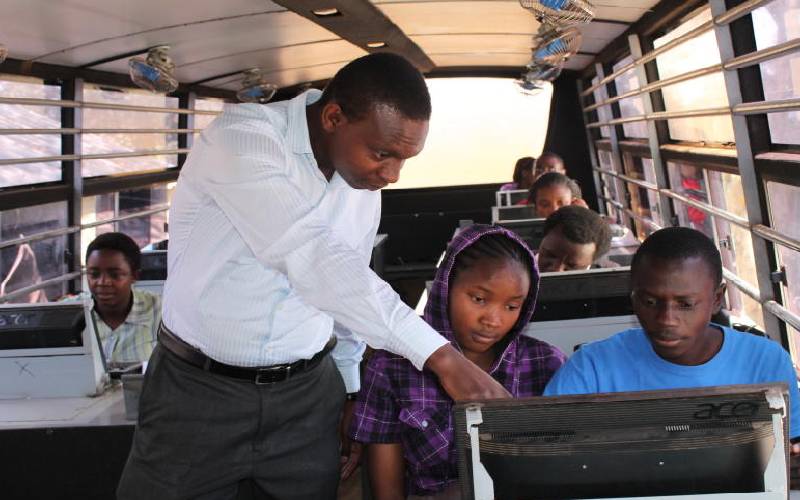×
The Standard e-Paper
Kenya’s Boldest Voice

An instructor takes learners through an ICT lesson. Despite the setbacks, private universities have leveraged on their robust ICT systems to roll out online teaching. [File, Standard]
Public universities are facing a challenge in administering online end of semester examinations after several false starts on virtual learning.